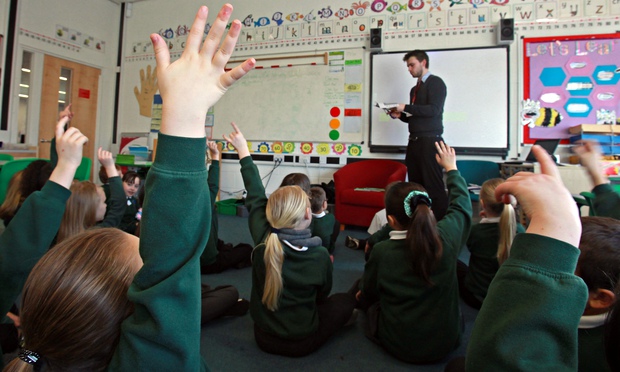

Private schools may have a different curriculum for their junior and their senior departments.It is an acceptable entrance qualification for top universities around the world.The IB Diploma is widely considered to provide a well-balanced pre-university education.Pupils take this program in their final two years of high school

All international schools offer the IB Diploma Program.Children can opt to follow either the IB Middle Years Program, or the Cambridge International General Certificate of Secondary Education (IGCSE) At Secondary school, there are two different international ‘middle years curriculums’ available.International primary schools offer either the International Primary Curriculum or the International Baccalaureate (IB) Primary Years Program.Again, they can only attend and international Dutch school for a maximum of one year It should help prepare them for the switch they will have to make from Dutch to English education. It can be helpful for these children to attend an international school. A Dutch family who will soon be undertaking an international assignment outside of the Netherlands.It is considered to be less unsettling for them than Dutch school, and it is meant to give them some educational continuity Generally, it is advised that these children attend an international institution. An internationally-mobile Dutch family whose children have been largely educated abroad.In this case, the child will be allowed to attend the school for a temporary period only A non-Dutch family who have expatriate status and are living in the Netherlands.Students may be admitted if they are from: The qualifications for admission to these schools are set by the Dutch Ministry of EducationĮntry Requirements for International Dutch School.This fee is, unfortunately, mandatory and non-negotiable.They teach according to the international standard, and charge a relatively low fee compared to private schools.These schools follow an international curriculum, in English.The government is now helping to fund both primary and secondary ‘International Dutch Schools’, throughout the Netherlands.In order to make international education more accessible to expatriate children, the Dutch government has started to subsidize some international departments. It features a diagram and a detailed description of the various different types of secondary education that exist in the Netherlands. Regardless of which type of primary institution your child attends, there are a variety of different paths he or she can take afterwards. Check out our article on The Dutch education system. Children must decide which type of secondary education they would like to pursue in their last year of primary school.How much this fee will come to varies from school to school Extras are activities like outings and special projects. Parents are also asked to pay a yearly set fee for ‘extras’.There are, of course, a few exceptions to this This means that they are run on public taxes. Almost all Dutch schools are government-funded.A child’s education is only formerly considered complete if they have achieved a diploma.It refers to children between the ages of 5 and 18 This includes children of all nationalities, who are residing in the Netherlands. Under Dutch law, education is mandatory for all children.Here are a few rules and customs of the Schooling system in the Netherlands: Likewise, Dalton education is a form of higher education that specializes in financial planning education This method of education encourages children to be creative and to have more control over their own learning. Schools with a different curriculum: Some schools, for example, are designed on the Montessori education system.Public schools: Your child can enroll at a public school that is within the same postcode area as your home. Public schools are non-denominational.Before we get into detail, let’s cover the basics of Schooling in the Netherlands.


 0 kommentar(er)
0 kommentar(er)
